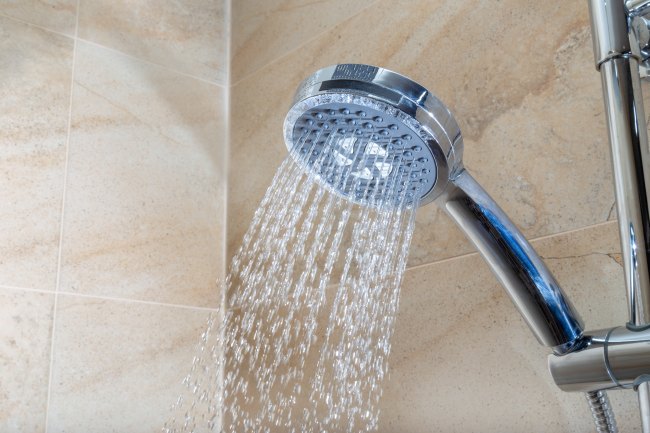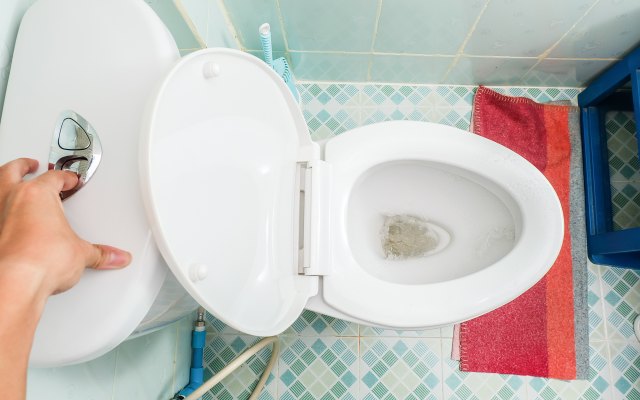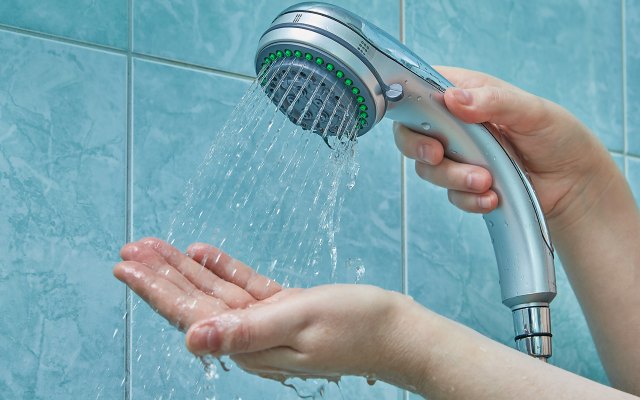Drought and hosepipe bans: your questions answered
What is the current situation?
Yorkshire Water, Thames Water, Southern Water and South East Water have announced they are implementing Temporary Use Bans (hosepipe ban) – for some or all of their customers.
This follows the warmest summer on record. Other European countries such as France and Ireland have also implemented restrictions.
Water companies are actively managing the situation, following detailed Drought Plans agreed with regulators and government. These include measures to safeguard supply and protect the environment.
The water industry continues to run the national campaign "Water’s Worth Saving", providing practical tips for reducing water use at home and in gardens.
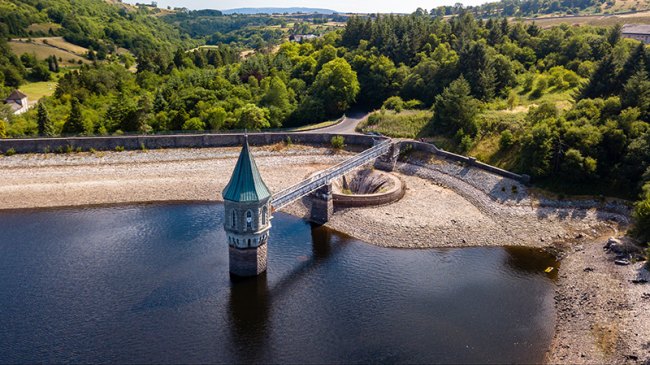
When and where are restrictions in place?
Yorkshire Water has implemented a temporary use ban for all of their customers. This came into force on July 11th 2025. More information can be found on the Yorkshire Water website.
Thames Water has implemented restrictions covering customers in Gloucestershire, Oxfordshire, Berkshire and Wiltshire. The restrictions came into force on July 22nd 2025. More information can be found on the Thames Water website.
Southern Water has implemented restrictions for their customers in Hampshire and the Isle of Wight. This came into force on July 21st 2025. More information can be found on the Southern Water website.
South East Water has implemented restrictions for their customers in Kent and Sussex. This came into force July 18th 2025. More information can be found on the South East Water website.
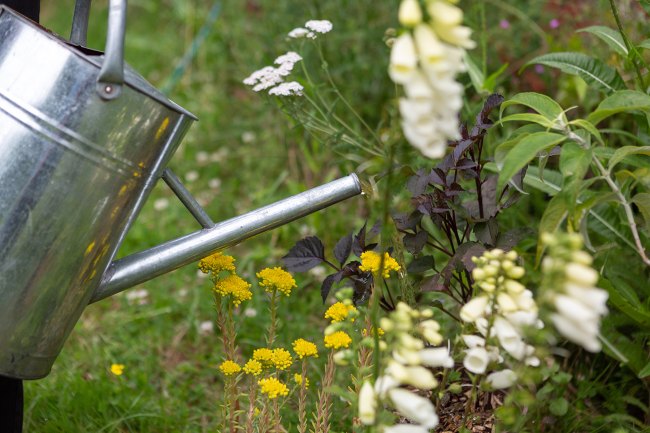
Find your supplier
+ -
Water companies are doing everything they can to prevent further restrictions. They are setting new records for repairing leaking pipes and moving water across their regions to relieve the driest areas.
Water companies monitor regional conditions daily and follow clear trigger points such as groundwater and reservoir levels, river flow rates, and long-range weather forecasts as defined in their Drought Plans.
If triggers are breached, companies will move to introduce restrictions to manage demand.
Conditions vary by region, so not all areas will face the same restrictions at the same time.
+ -
No. Water companies will always provide sufficient water for essential customer use.
The actions companies are taking now are designed to protect water supplies so that customers have the water they need when they need it.
By introducing hosepipe restrictions, companies are hoping to reduce water usage which will help to conserve the water in reservoirs and also help them to top back up when we do have some rain.
+ -
No company wants to introduce restrictions if they can possibly be avoided.
Each company has its own Drought Plan – which has been agreed with Ministers and regulators and consulted on publicly. This plan sets out when Temporary Use Bans could become necessary in a given area. Restrictions are part of our planned and pre-agreed system for managing severe weather conditions.
+ -
Hot, dry weather leads to more water use for gardens, washing, paddling pools, and cooling.
Some regions have seen demand reach historic highs, requiring companies to supply hundreds of millions of extra litres per day.
+ -
In areas under a Temporary Use Ban, you cannot use a hosepipe or similar device for activities like:
- Watering gardens or plants.
- Filling paddling pools or hot tubs.
- Cleaning cars, buildings, patios, or decking.
Buckets and watering cans are generally allowed, and some exemptions may apply (e.g., for health and safety or vulnerable customers).
Check with your local water company for specific rules.
+ -
The length of a Temporary Use Ban will vary from company to company. Generally speaking, restrictions will remain in place until water resources improve and environmental pressures ease.
Companies assess the situation continuously, taking into account weather forecasts, reservoir levels, and ecological health.
Customers will be kept informed as restrictions change or lift.
+ -
In the short-term, companies are setting new records for repairing leaking pipes and moving water across their regions to relieve the driest areas.
In the longer term, over the next five years water companies will start work on nine new reservoirs as part of their record £104 billion investment to secure our water supplies, help build more homes and support economic growth.
+ -
Everyone can play their part by carefully considering the amount of water they use.
Our national water saving campaign – Water’s Worth Saving – has helpful hints and tips on how to reduce water use in the home and garden.
+ -
Yes. All water companies are required to make reasonable adjustments. If a person has a disability or health issue that makes it difficult to use alternatives to a hosepipe (e.g. lifting watering cans), they may be exempt.
Companies also offer further support through the Priority Services Register for a wide range of people, from those with sight, hearing, or mobility difficulties, to parents with babies under 12 months old.
+ -
Leakage is at the lowest level ever recorded, down more than a third since the 1990s, and reduced by more than 8% in the last four years alone.
Water companies will invest record amounts over the next five years repairing leaks and upgrading infrastructure, to improve leakage even further.
During the current hot conditions, it is possible for dried, cracking soil to move and press on pipes, increasing the likelihood of new bursts. Companies currently have many hundreds of people out each day finding and fixing these as they occur to make sure we continue making progress.
Teams are increasingly using advanced technology like intelligent networks and smart sensors, artificial intelligence, and satellite and drone technology to detect leaks, and new advanced techniques to repair them quickly – sometimes without even needing to dig up the road.
+ -
Several schemes were delayed in the past due to regulatory and planning hurdles.
However, over the next five years water companies will start work on nine new reservoirs as part of their record £104 billion investment to secure our water supplies, help build more homes and support economic growth.
In addition, a tenth reservoir (Havant Thicket) is already under construction outside Portsmouth.
+ -
Most people understand the need to conserve water, but if you see someone ignoring a ban:
Consider politely reminding them of the restrictions and the reasons behind them.
If needed, you can report breaches to your local water company.
Companies prefer to offer advice and support first, but fines can be issued if necessary.
FAQs
Use water wisely
We can each play our part by carefully considering how much water we use. For example did you know that a five minute shower uses roughly 62 litres? This is the amount people in England and Wales think their household uses in total per day. But in reality, the average household uses 323 litres per day, which is five times as much. So taking just one minute off a shower saves 12 litres of water!
Our national water saving campaign Water’s Worth Saving has many helpful hints and tips on how to use water wisely in the home and garden, saving you time and possibly even money.
